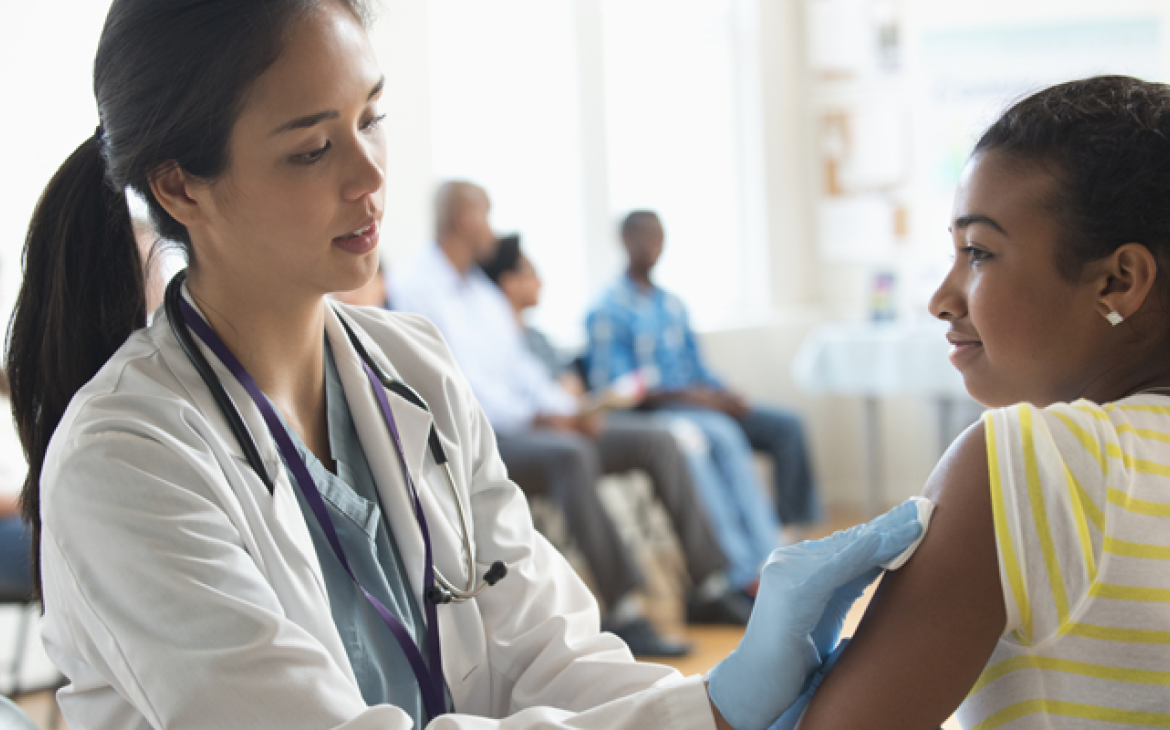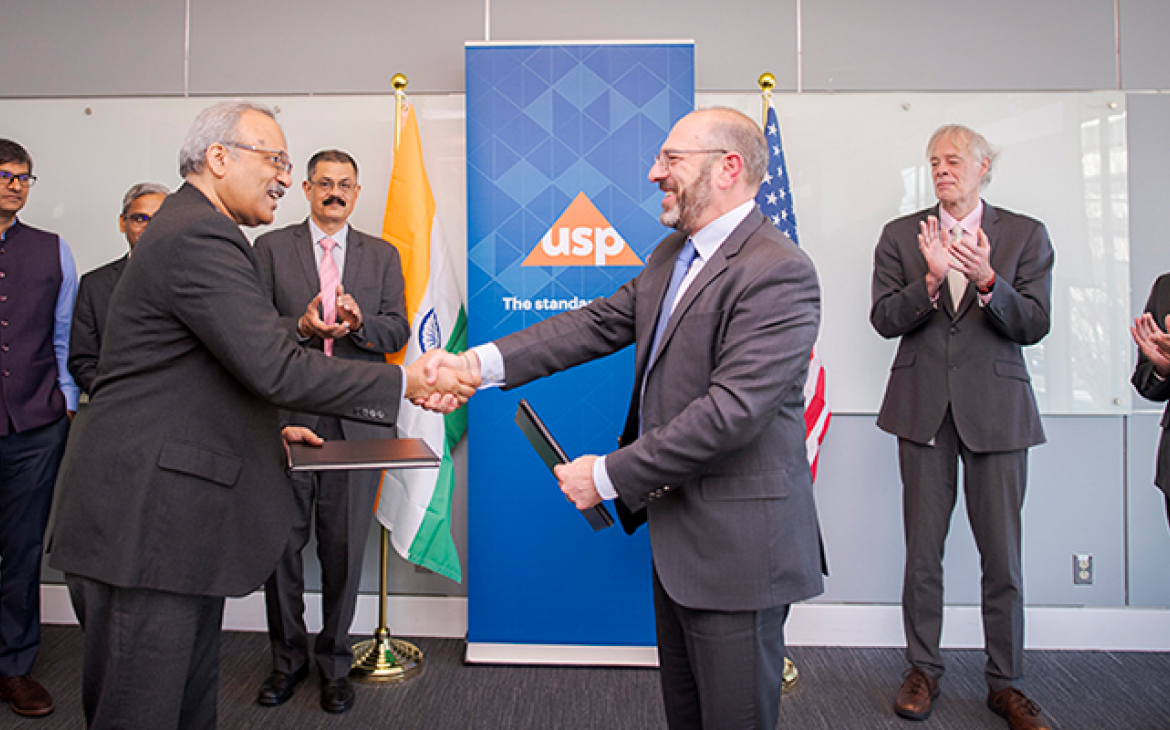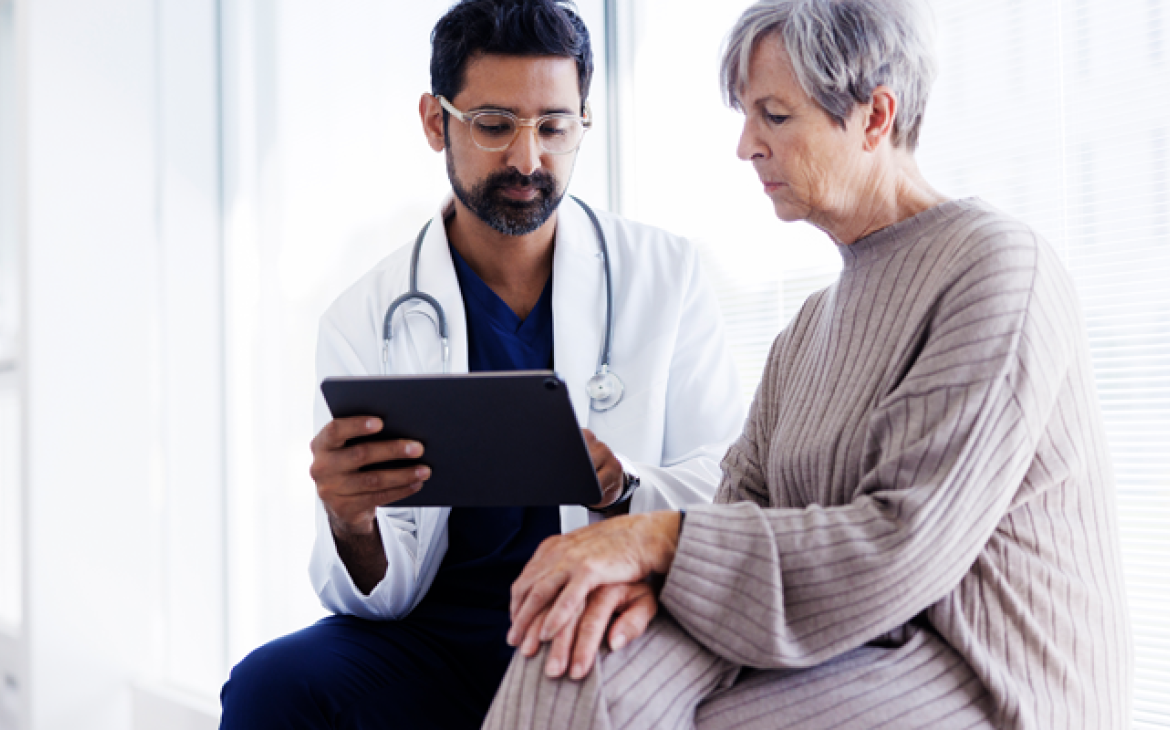
Access to quality raw materials and increased stakeholder collaboration are needed to help ensure availability of monoclonal antibody (mAb) treatments for COVID-19 in low- and middle-income countries (LMICs). Access challenges faced in LMICs stem in part from the relatively resource-intensive nature of mAb production versus other therapeutics, as well as supply chain challenges. I was among global experts in the field invited to share my opinion during a recent webinar on COVID-19 mAb treatment access in LMICs, sponsored by the India government (Department of Biotechnology, Ministry of Science & Technology), Wellcome and IAVI.
Monoclonal antibodies are among the most powerful tools in modern medicine. They have been used for decades to treat various conditions – including arthritis, asthma, and cancer – with ongoing development for a range of diseases among the fastest-growing segments of biomedical research. Additionally, mAbs have shown promise to treat infectious diseases including mild to moderate cases of COVID-19, specifically to help decrease hospitalization rates and progression to severe disease. Most of the world’s population does not have access to mAbs, however, which poses challenges to equitable treatment.
Resources & Recommendations
The U.S. Pharmacopeia has been working to support development of mAb treatments – and to address the COVID-19 pandemic in particular. This includes making available free samples of reference standards to researchers developing COVID-19 mAb therapies as part of USP’s Trust Accelerated program. The program aims to support scientists, developers and manufacturers working worldwide to speed development of safe and effective vaccines and treatments. USP’s mAb system suitability standards are used to ensure consistency and reproducibility of analytical methods, thereby helping to bring therapies to market faster while also helping to ensure quality.
Participants in the Feb. 24 webinar – titled “Innovative Bio-Therapeutics for COVID-19 – How Can Monoclonal Antibodies for SARSCoV-2 Be Made Accessible in Low- and Middle-Income Countries?” – generally agreed that increased stakeholder collaboration is needed to help ensure mAb access in LMICs for COVID-19 treatment. Suggestions also included a need for investment in mAb research, development and manufacturing capacity; new business models; harmonization of regulatory systems across borders; diverse supply chains; and development of alternative routes of administration – other than I.V. – to facilitate dosing. At the national level in LMICs, panelists also suggested a need for licensing and transfer of technology for domestic production, enhanced regulatory capacities, accelerated approvals, transparent and accountable decision making, affordable pricing, and an overall strengthening of national health systems to help reach patients in need.
In addition to USP, Wellcome, IAVI, and representatives of the India government, webinar participants included those hailing from other LMICs, academia, the pharmaceutical industry, health care-related organizations such as the World Health Organization, and the Bill and Melinda Gates Foundation.
Report: A Global Call To Action
The webinar was a follow-on discussion to the August 2020 IAVI-Wellcome report, titled “Expanding Access to Monoclonal Antibody-Based Products: A Global Call to Action.” The report includes a roadmap to making lifesaving mAb treatments affordable and available, particularly in LMICs. The report details the challenges and possible actionable solutions for policy makers, regulators, pharmaceutical and biotech companies, funders, researchers, and the broader global health community. The webinar aimed to continue to raise awareness of the inequities in mAb access and help stimulate action, with take-aways dovetailing with the report.
Among the report’s findings is that 80% of mAbs are sold in the U.S., Europe and Canada, and only 20% are sold in the rest of the world, which makes up 85% of the global population. Few, if any, mAbs are available in LMICs. India has the most registered mAbs for a LMIC, with 36, compared to 112 in the U.S. and 120 in Europe.
Reflecting the resource-intensive nature of producing these biologics therapies, which are made using recombinant DNA technology, mAbs typically are the most expensive category of pharmaceuticals. In the U.S., for example, the median price for mAb treatment ranges from about $15,000 to $200,000 annually. When available in LMICs, they typically are not reimbursed by public health systems.
Report Conclusions
Ensuring equitable access to mAbs in LMICs requires four parallel commitments, according to the report. These include increasing awareness that mAbs save lives; expanding global availability of mAbs; investing in and deploying innovative technologies to lower development costs; and creating new business models that enable different market approaches and promote access.
“Pharmaceutical companies, global health agencies, public sector entities, philanthropic organizations and ministries of health must join forces to make global access to transformative monoclonal antibody products a priority, and a reality,” the report concludes. “The time to act is now.”
For more information on the U.S. Pharmacopeia’s COVID-19 response efforts, please click here.


